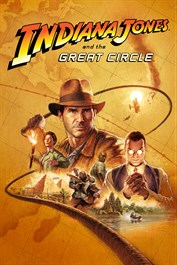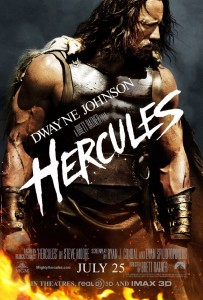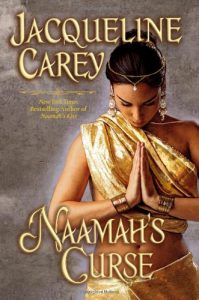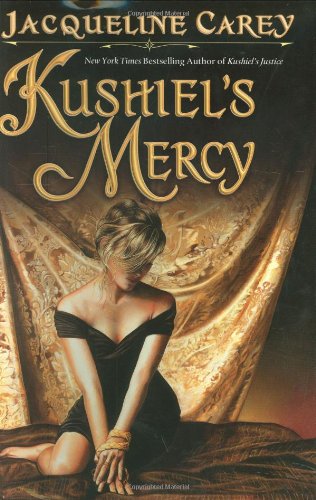 In December, Game Pass got a big Day One release[1], Indiana Jones and the Great Circle. This is a graphics intensive first-person puncher in which Indy races a rival Nazi archaeologist to solve the mystery of why Vatican giants are stealing cat mummies. Aside from the punching and the field archaeology, it’s mostly a puzzle and collections game, which is a style I’ve been enamored of for most of my adult life, and then I’ve been enamored of Indiana Jones for even longer.
In December, Game Pass got a big Day One release[1], Indiana Jones and the Great Circle. This is a graphics intensive first-person puncher in which Indy races a rival Nazi archaeologist to solve the mystery of why Vatican giants are stealing cat mummies. Aside from the punching and the field archaeology, it’s mostly a puzzle and collections game, which is a style I’ve been enamored of for most of my adult life, and then I’ve been enamored of Indiana Jones for even longer.
So you can imagine how cool it was to see the introductory scene of Raiders of the Lost Ark in a somewhat controllable scenario, before the actual game (set a year later in 1937) kicked off. From there, it’s all a Nazi-punching, globetrotting, graverobbing good time, interspersed with cut scenes that really could have come right out of an unfilmed script.
Plus, there are definitely plots left unresolved enough for a sequel or at least a substantial DLC release. …which they might make me pay for, but I hope not! Especially because I might fall for it, you know? This thing was like catnip, as evidenced by my 100% completion and 970 of 1000 gamerscore points over the course of a month and a half. I basically never finish AAA games anymore, but, here we are.[2]
Downsides: I can only think of one, which is the game started nagging me to move forward / how to move forward, much too early. I like the idea of the helpful voice, whether internal or external, telling you to investigate the thing you might have not been able to find or understand. But wait like 5 minutes, not 30 seconds. (And then the time I really did need help, there was no help forthcoming, which is also sort of a problem when you’re nagging so hard the times I don’t.)
[1] This is to say, for those out of the loop, it arrived on Game Pass the same day it became available to purchase outright.
[2] Continuing to help: DLC = DownLoadable Content, ie expansions instead of sequels; gamerscore is points that mean functionally nothing that you get for completing main or side plots, or doing difficult or implausible things that the designers thought were funny. (Bragging rights, maybe? But functionally, worthless.) AAA = I don’t know what exactly, just big budget big studio or something,

 Have I mentioned how frustrated I am by my inability to find the place on an Amazon product page where I can click that I own it and then rate it? It used to be invisible just from some browsers, but now it’s invisible from basically all of them[1] (unless it’s actually gone), and either way, I like them being able to take my ownership and tastes into account when recommending things, and how can they take them into account if they will not let me show said tastes and ownerships them?[2] Not, tragically, that I would be giving
Have I mentioned how frustrated I am by my inability to find the place on an Amazon product page where I can click that I own it and then rate it? It used to be invisible just from some browsers, but now it’s invisible from basically all of them[1] (unless it’s actually gone), and either way, I like them being able to take my ownership and tastes into account when recommending things, and how can they take them into account if they will not let me show said tastes and ownerships them?[2] Not, tragically, that I would be giving 
 I find that I haven’t got much to say about
I find that I haven’t got much to say about